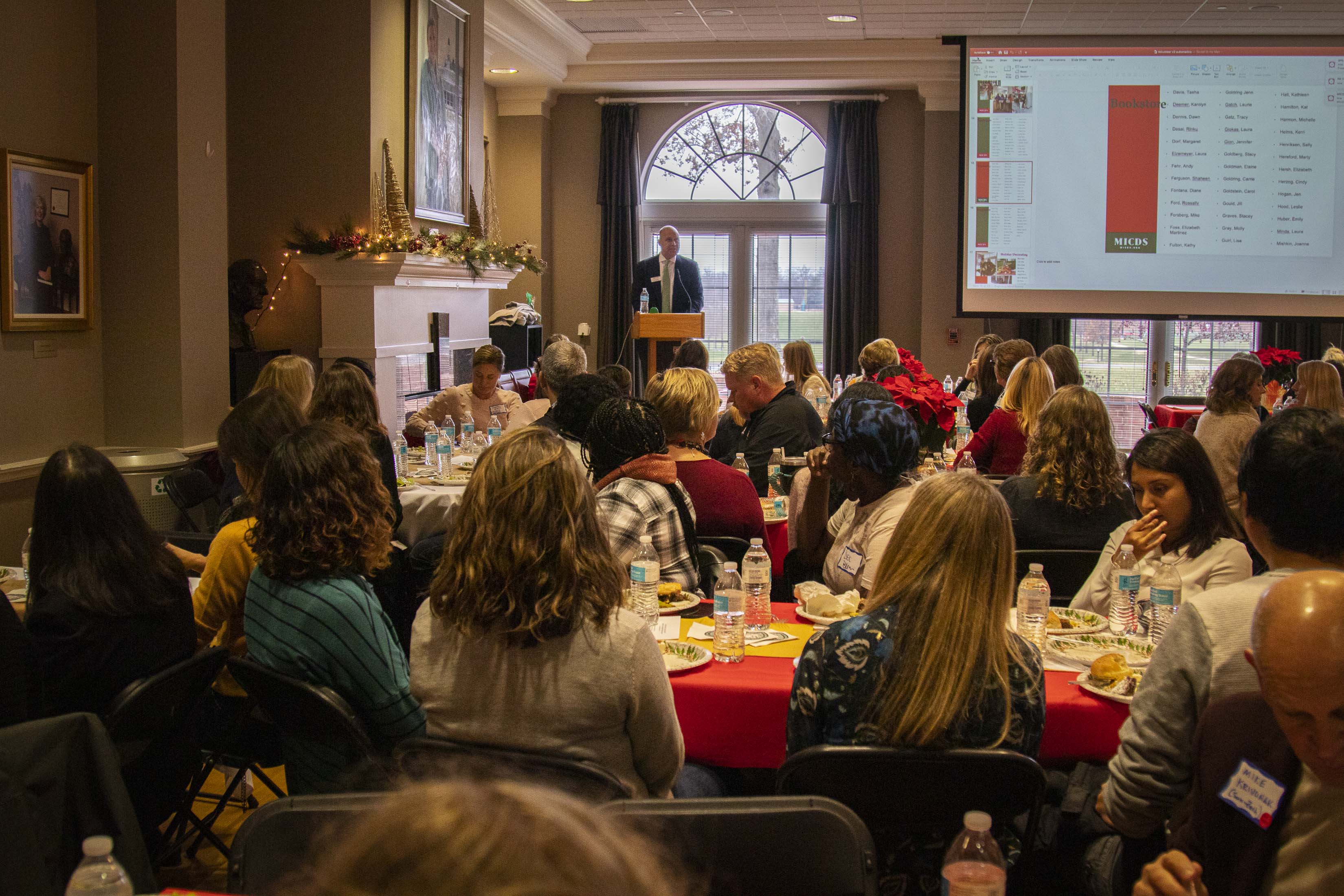 Some of you may know already that I was a religion major in college. Specifically, I was fascinated by the Russian Orthodox Church and, even more specifically, by the extent to which Russian Christian theology informed the writings of Fyodor Dostoevsky and Leo Tolstoy. Impractical, yes. (My father certainly thought so!) But it can come in handy at this time of year.
Some of you may know already that I was a religion major in college. Specifically, I was fascinated by the Russian Orthodox Church and, even more specifically, by the extent to which Russian Christian theology informed the writings of Fyodor Dostoevsky and Leo Tolstoy. Impractical, yes. (My father certainly thought so!) But it can come in handy at this time of year.
In the latter part of his life, Tolstoy wrote The Kingdom of God Is Within You, a philosophical monograph that takes its title from verses in the New Testament Gospel of Luke, rendered as follows in the King James translation: “The kingdom of God cometh not with observation: Neither shall they say, Lo here! or, lo there! for, behold, the kingdom of God is within you.”
Writing in his autobiography The Story of My Experiments with Truth, Mohandas Gandhi recalls that when he came across Tolstoy’s treatise during his explorations of Islam and Christianity as a young man, the “independent thinking, profound morality, and truthfulness” of it “overwhelmed” him and “left an abiding impression.”
Tolstoy writes that “to serve the kingdom of God” is to “contribute to the establishment of the greatest possible union between all living beings,” and it was through this universalist lens that Gandhi, a Hindu, regarded the phrase “kingdom of God.” And lest any of you worry that, in sharing these reflections, I have lost sight of the fact that MICDS is a nonsectarian institution, please be assured that I offer them to you in Gandhi’s same humanistic and universalist spirit. Imagine “kingdom of God” to mean, in the very broadest sense, “a better world.” Or, to fall back on language that I have used frequently to describe my aspirations for our MICDS community, “a happier world.”
It was Constantine the Great who declared Christianity the official religion of the Roman Empire in the early fourth century. It was Roman Christians of the same era who, thus empowered, co-opted the precedent Roman winter solstice holiday – December 25th in the Julian calendar – to commemorate the birth of their religion’s namesake. But it was Charles Dickens more than any other person who, 1,500 years later, through the publication of his novella A Christmas Carol, placed the holiday in its modern-day, supra-Christian frame, within which even a majority of atheists find themselves celebrating if not a specifically religious holiday then a universally human one.
Let the message that we carry within our hearts this holiday season be such a transcendent one as Gandhi inferred from Tolstoy’s work and Dickens infused in his: A happier world is within us. Indeed, such aspirational beliefs should be our guide in every season, and I will continue to be guided by them as I work in partnership with you in the education and growth of your children, this year and in the years to come.
Always reason, always compassion, always courage. I wish you and your families a joyful December weekend.
Jay Rainey
Head of School
(Adapted from my remarks made at the Parents Association Holiday Luncheon.)
